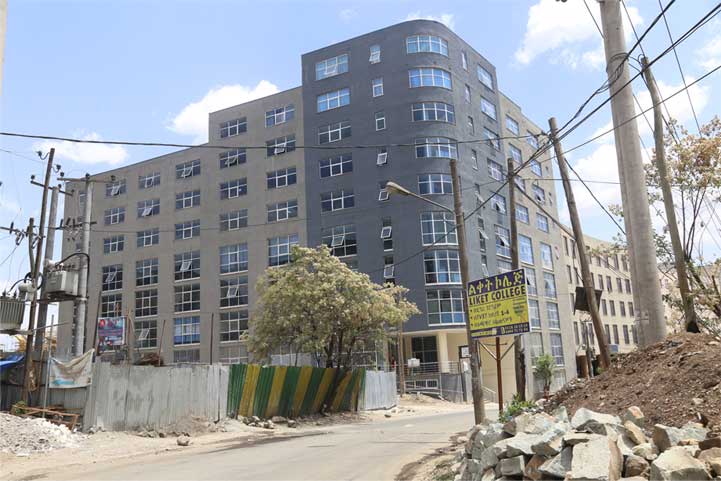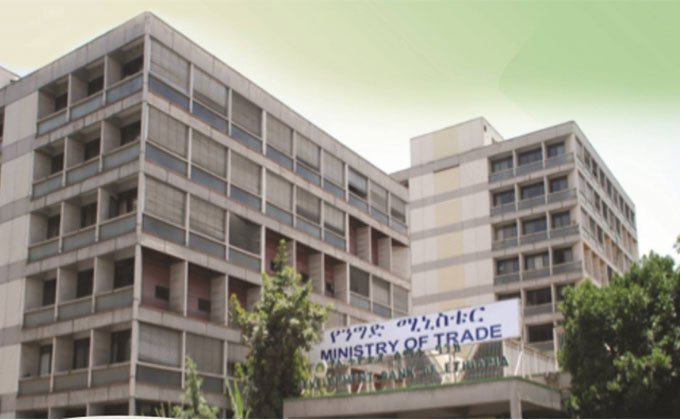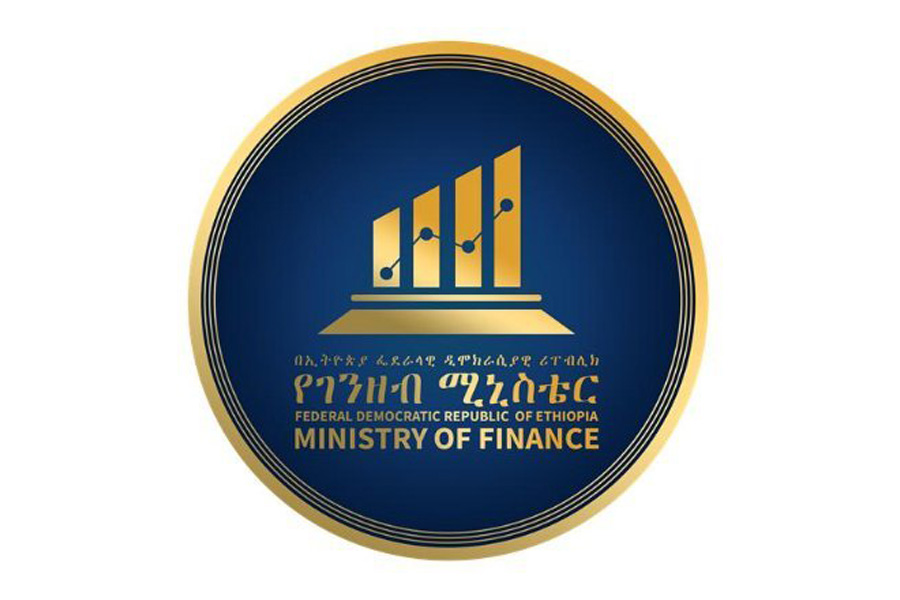
Radar | Aug 04,2024
Parliament received a bill last week mandating year-long training and biennial license renewals for school teachers, principals, and supervisors. If approved, the Ministry of Education will oversee the professional development program, while private schools must cover the associated costs for their staff.
Education Minister Berhanu Nega (Prof) expects sweeping reforms with the bill’s enactment, targeting systemic improvements across the nation’s schools. Central to these reforms is a structured framework intended to uphold standards in academic freedom, quality, and productivity by setting standards for structures and human capital.
This bill consolidates previously scattered educational laws and aims to establish a standardized oversight system that extends to all schools—government, private, and non-profit. Such consistency, the Ministry believes, will ensure a balanced education system, accessible to all students.
Use of digital technology in schools is limited, mainly due to limited infrastructure development in information and communication technology (ICT) and a lack of trained human resources.
According to Tewodros Shewareget, a curriculum development CEO at the Ministry, a judicious mix of technology and a curriculum that aligns with the country's aspirations for quality of education are included.
"It's a total educational reform," he said.
One of the most notable changes proposed is a shift in language policy. Under the new framework, the mother tongue will be the primary medium of instruction in early education, with English only introduced in the ninth grade. Regions, however, may choose to begin English instruction earlier if they see fit. While there is ongoing debate around this timeline, the Ministry insists that teaching in the mother tongue will promote stronger foundational skills in younger students, particularly in reading and comprehension.
"This is still under debate," he said.
The bill proposes all 26.4 million students across the country’s 52,202 schools to delay mandatory English instruction until ninth grade, although students will be required to learn at least three languages as part of the curriculum.
Bridging the gap between theoretical learning and practical application across diverse school types is another one.
The need for these reforms, according to Umer Imam, head of the Ministry's social science curriculum division, stems from a recent Ministry study that revealed longstanding challenges: outdated curricula, a shortage of qualified educators, and inadequate facilities that have collectively undermined education quality.
Prime Minister Abiy Ahmed (PhD) recently echoed these concerns in Parliament, announcing a strategic pivot towards prioritising kindergarten and primary education as the cornerstone of future educational reforms.
A notable shift in the draft bill is the restructuring of subjects, especially in middle and high schools. Traditional subjects such as Physics, Biology, and Chemistry will be combined into a general science umbrella in middle schools, while vocational and practical subjects will be introduced for secondary students to enhance skills applicable in the workforce.
The reform is welcomed by regional states such as Gambela, where more than 300 primary schools operate. The emphasis on mother-tongue instruction is viewed as an opportunity to address long-standing disparities, according to Ukugn Ukelo, head of the regional education bureau. He noted that previous policies prioritised international languages over local ones, leaving students underprepared and disconnected from their heritage. However, he also emphasized that meeting the proposed standards will require substantial investment in teacher training and resources, which remain scarce.
This shift has stirred concern among private schools in Addis Abeba accustomed to using English in earlier grades. Recently, the Education & Training Quality Control Authority suspended several private institutions for deviating from the national curriculum, specifically for prioritising English as the primary language.
Dagnaw Gebru, head of the Authority, believes enforcing consistent standards across schools is essential for a unified and high-quality education system.
However, private schools face challenges in meeting the new standards. School of Tomorrow, a well-known private school network, sees this policy shift as complex. Samuel Woldekidan, the school’s deputy general manager, pointed out the importance of English in preparing students for international opportunities.
A major concern for Samuel, who oversees over 2,000 staff and over 10,000 students from kindergarten to high school, is being able to find capable human resources who can live up to what the curriculum requires. He argued that the current restrictions on school fees further complicate these reforms for private institutions, which rely on adequate funding to train and retain skilled teachers.
“It’s difficult to maintain high standards when financial flexibility is limited,” he said.
International schools, too, are affected by the new directives. The Federal Education and Training Authority recently assumed responsibility for overseeing international, community, and charity schools, adding another layer of regulation aimed at aligning these institutions with national goals.
Wubshet Tadele, deputy director at the Authority, revealed that there is a discussion on the role of international schools as there are critics that children should only be taught as per the Ministry’s curriculum. He said standards and directives are underway to make revisions in the governance of international schools and ensure quality and relevance.
A World Bank study showed that many students in the eighth grade perform at a fourth-grade level in reading comprehension, noting the urgent need for reform. However, some experts are cautiously optimistic about the reforms.
Alemayehu Teklemariam (PhD), an education expert, views the changes as necessary but recognises the practical issues. He warns that without improvements in infrastructure and teacher training, the ambitious goals of the bill may remain unfulfilled.
“Quality education has been set aside for too long,” he said.
Alemayehu recommends adding that establishing achievable minimum standards might be more effective than sweeping overhauls that could strain the system.
PUBLISHED ON
Nov 03,2024 [ VOL
25 , NO
1279]

Radar | Aug 04,2024

Fortune News | Mar 28,2020

Fortune News | Apr 25,2020

Fortune News | Oct 12,2019

Radar | Feb 11,2023

Dec 22 , 2024 . By TIZITA SHEWAFERAW
Charged with transforming colossal state-owned enterprises into modern and competitiv...

Aug 18 , 2024 . By AKSAH ITALO
Although predictable Yonas Zerihun's job in the ride-hailing service is not immune to...

Jul 28 , 2024 . By TIZITA SHEWAFERAW
Unhabitual, perhaps too many, Samuel Gebreyohannes, 38, used to occasionally enjoy a couple of beers at breakfast. However, he recently swit...

Jul 13 , 2024 . By AKSAH ITALO
Investors who rely on tractors, trucks, and field vehicles for commuting, transporting commodities, and f...

Oct 18 , 2025
The political establishment, notably the ruling party and its top brass, has become p...

Oct 11 , 2025
Ladislas Farago, a roving Associated Press (AP) correspondent, arrived in Ethiopia in...

Oct 4 , 2025
Eyob Tekalegn (PhD) had been in the Governor's chair for only weeks when, on Septembe...

Sep 27 , 2025
Four years into an experiment with “shock therapy” in education, the national moo...